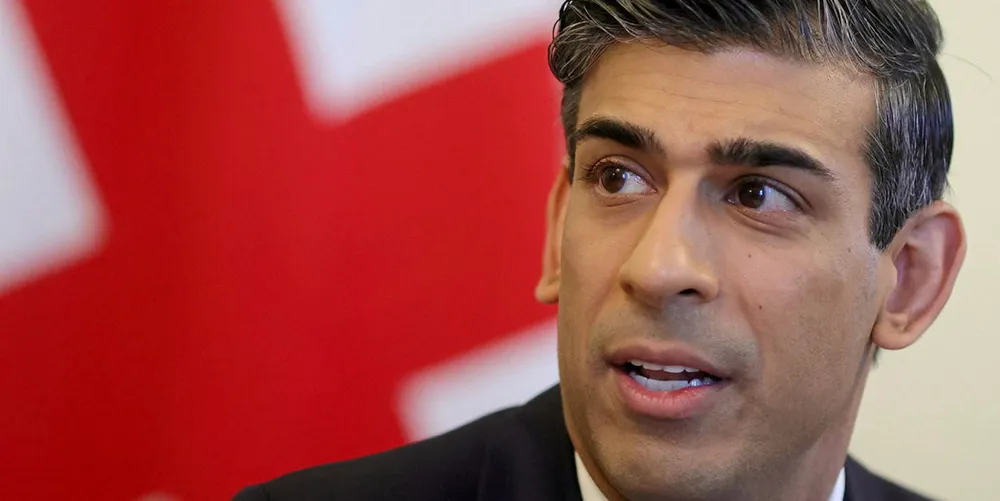UK leader Sunak ‘poised’ to overturn onshore wind ban
Rebel Tory MPs including former Prime Minister Liz Truss appear to have forced the government’s hand on the issue

Rebel Tory MPs including former Prime Minister Liz Truss appear to have forced the government’s hand on the issue
